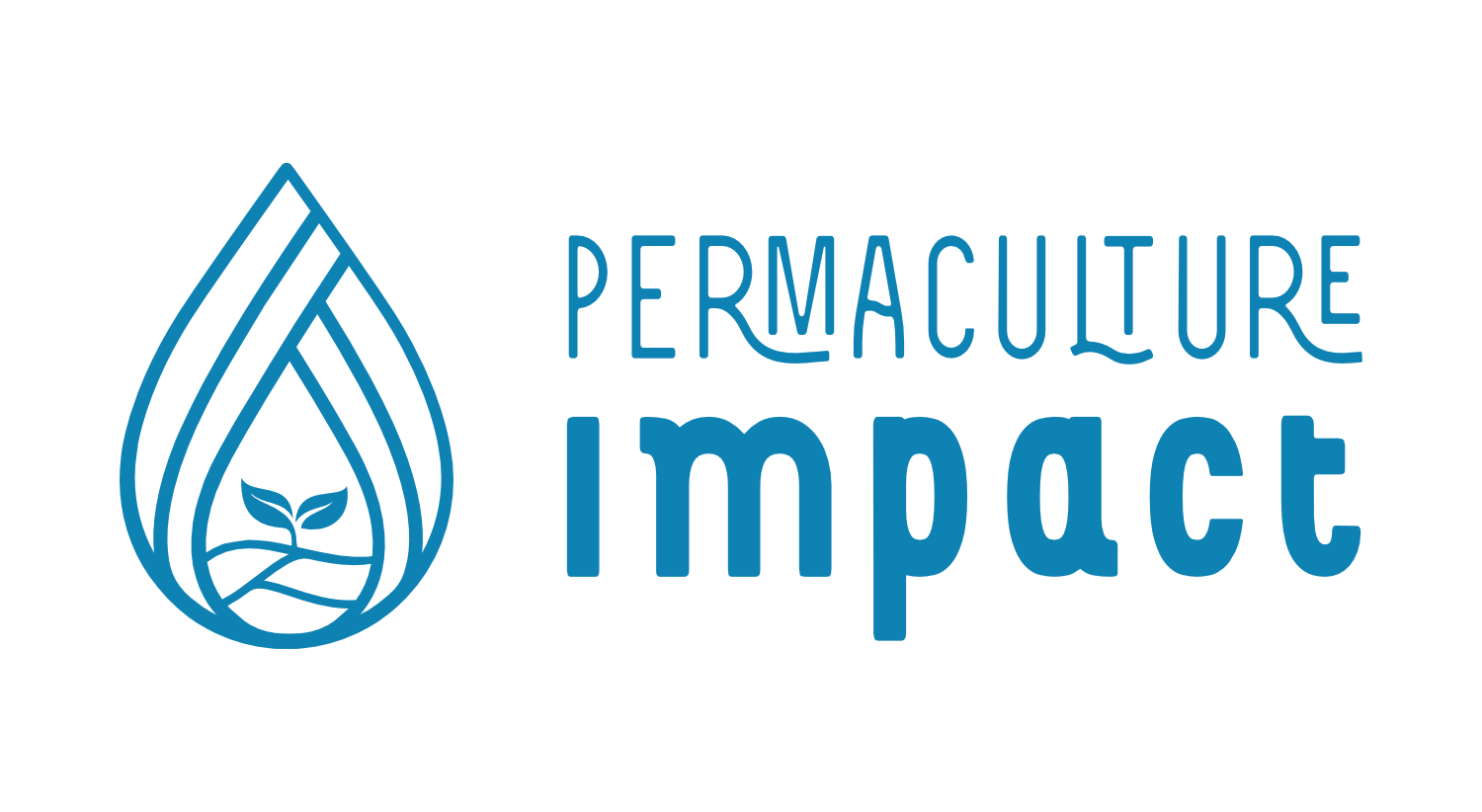Malawi Schools Permaculture Clubs
- Categories Community Projects, Malawi
- Date November 21, 2024

Malawi Schools Permaculture Clubs
Location: Nkhata Bay District, Northern Malawi, Southeastern Africa
Malawi Schools Permaculture Clubs (MSPC) supports school teachers in Malawi who want to establish a permaculture club at their school.
MSPC provides everything needed to get clubs established: permaculture training for the teachers, a structured programme to follow including a resource pack of weekly session plans and activities, basic equipment, seed and tree packs, and infrastructure to support and motivate teachers throughout the year. Students are able to grow and harvest their own nutritious food as well as learn broader skills to help combat environmental degradation, food insecurity and improve health.
MSPC currently works with 28 schools in Nkhata Bay district, Northern Malawi. Up to 40 children attend each club for a year. Permaculture clubs are held weekly during term time and are fun and practical. Club sessions take place on the school site. A different topic is covered each week, and related practical work contributes to implementing a whole-school permaculture design (created by the teachers) or to the children’s micro-garden plots. Each club member is responsible for maintaining their own small bed, and takes produce home.
The MSPC staff team visit the clubs to offer advice and support, and they organise regular Cluster Group Meetings to bring local club leaders together. It is a chance for these volunteers to share experiences, discuss challenges, keep one another motivated, and plan upcoming club activities.
MSPC is designed to be scalable and sustainable. Participating schools elect to join and teachers are all volunteers. The programme empowers local people (teachers) who feel motivated to help their own communities.
MSPC is now working with partner organisations to establish permaculture clubs in other regions of Malawi.

Who is involved?
The MSPC staff and management team comprises 5 people; some of which work part time, others in a voluntary capacity. Around 70 school teachers volunteer their time to run permaculture clubs at their schools. Over 1000 primary school children per year complete the year-long club programme. Other teachers and community members join in with club activities and the outreach programme. Some are now practising permaculture in their homes and small-holdings.
Were you doing any M&E or Impact assessment previously?
“We have been collecting data, for example school surveys, end of year quiz for children, club attendance registers, feedback from staff team visits and teachers during cluster meetings, photographs of changes in school environment, testimonials, school maps and permaculture designs.
We have been using some data for improvement of the programme and our processes. Some data is not used at all and others just in an ad hoc way, for example for funding applications. We can see that what we are doing is working, and we’d love to have the right data to prove it!”

What have been your challenges with M&E and evidencing your impact?
“We have found it hard to find the time, knowledge and resources to put together a structured, holistic M&E programme. We set up individual data collection systems but to be honest I’m not convinced we’re putting our energy in the right places. Finding capacity to process and analyse the data that is being collected is hard. I have wanted to take a broad view of what we should be assessing, and design efficient monitoring and evaluation accordingly. It felt like an enormous mountain to climb, but Permaculture Impact has helped us to cut through and get started”.
Toolkit approaches used:
- Change Pathways Mapping
- Revaluation
- Nutrition
Quotes about how these courses helped MSPC:
“Creating a Change Pathways map for MSPC has really helped us to communicate the power of what we do. The clubs teach many topics, and the new skills and methods that members gain and share with their families have a wide range of impacts on their lives and environment. The map shows this clearly.”
“The Revaluation process has provided a template for us to engage with our volunteers, club members and wider community about what they find valuable about the permaculture clubs. Already we have gathered a lot of rich material which we can use immediately as testimonials, but mainly it will inform what we will measure going forward, so that our metrics and impact are meaningful and relevant.”
“As part of the Permaculture Impact Nutrition course, we created a modest, workable nutrition evaluation plan for MSPC. This is an excellent step forward for us. We intend to start implementing that on the ground once we have completed the next stages of the Revaluation process.”
You can view MSPCs detailed Change Pathways map here:

Contacts:
Website: https://www.malawipermacultureclubs.com
Facebook: @malawiSchoolsPermacultureClubs
Instagram: @malawischoolspermacultureclubs
Author
You may also like
Sustainable Village Resources
Sustainable Village Resources (SVR) Location: Kenya, Migori Sustainable Village Resources (SVR) aims to provide a holistic approach to solving some of their society’s biggest challenges. Their approach restores the lost livelihoods system by creating a natural agro-ecological ecosystem that enhances …
Jhijhile Integrated Village Project
Jhijhile Integrated Village project, by Almost Heaven Farms Location: Eastern Nepal “In 2018, Almost Heaven Farms (AHF) were approached by a Dutch organisation to visit a village called Jhiljhile in the eastern part of Nepal, not too far from some …
Community Mobilization for Regenerative Agriculture
Community Mobilization for Regenerative Agriculture (C-MRA) with permEzone Location: Kenya – Kakamega County at Kisa West Ward and Kisumu County at Kisumu West Ward Community Mobilization for Regenerative Agriculture (C-MRA) was founded by Reagan Okoth and Paul Omollo to help …
